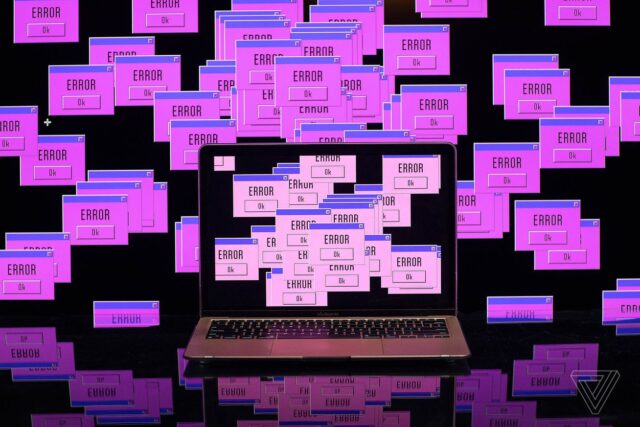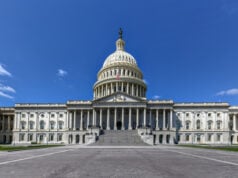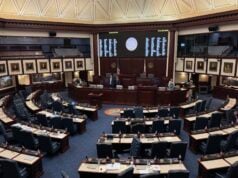
By Umar Shakir
Insurance company UnitedHealth Group is confirming a ransomware attack earlier this year affected the private data of over 100 million people. The number was published in the US Department of Health and Human Services Office of Civil Rights (OCR) Breach Report on Thursday, making it the largest healthcare data breach on the list.
Hacker group Blackcat, also known as ALPHV, claimed responsibility for the February attack on Change Healthcare that caused widespread disruptions for healthcare providers processing bills, claims, payroll, and prescriptions for weeks.
According to the HHS FAQs page, Change Healthcare told OCR on October 22nd that it’s sent people about 100 million individual notices regarding this breach.
Stolen information may include:
- Health insurance information (such as primary, secondary or other health plans/policies, insurance companies, member/group ID numbers, and Medicaid-Medicare-government payor ID numbers);
- Health information (such as medical record numbers, providers, diagnoses, medicines, test results, images, care and treatment);
- Billing, claims and payment information (such as claim numbers, account numbers, billing codes, payment cards, financial and banking information, payments made, and balance due); and/or
- Other personal information such as Social Security numbers, driver’s licenses or state ID numbers, or passport numbers.
As reported by Bleeping Computer, UnitedHealth CEO Andrew Witty’s written testimony (PDF) to a House committee said the threat actors got in by using stolen credentials for a Citrix remote access service that lacked multifactor authentication.
On February 12, criminals used compromised credentials to remotely access a Change Healthcare Citrix portal, an application used to enable remote access to desktops. The portal did not have multi-factor authentication. Once the threat actor gained access, they moved laterally within the systems in more sophisticated ways and exfiltrated data. Ransomware was deployed nine days later.
UnitedHealth paid the group a $22 million ransom. However, another operation threatened to continue leaking the data and may have secured a second ransom payment.
Disclaimer
The information contained in South Florida Reporter is for general information purposes only.
The South Florida Reporter assumes no responsibility for errors or omissions in the contents of the Service.
In no event shall the South Florida Reporter be liable for any special, direct, indirect, consequential, or incidental damages or any damages whatsoever, whether in an action of contract, negligence or other tort, arising out of or in connection with the use of the Service or the contents of the Service. The Company reserves the right to make additions, deletions, or modifications to the contents of the Service at any time without prior notice.
The Company does not warrant that the Service is free of viruses or other harmful components
This article originally appeared here and was republished with permission.












